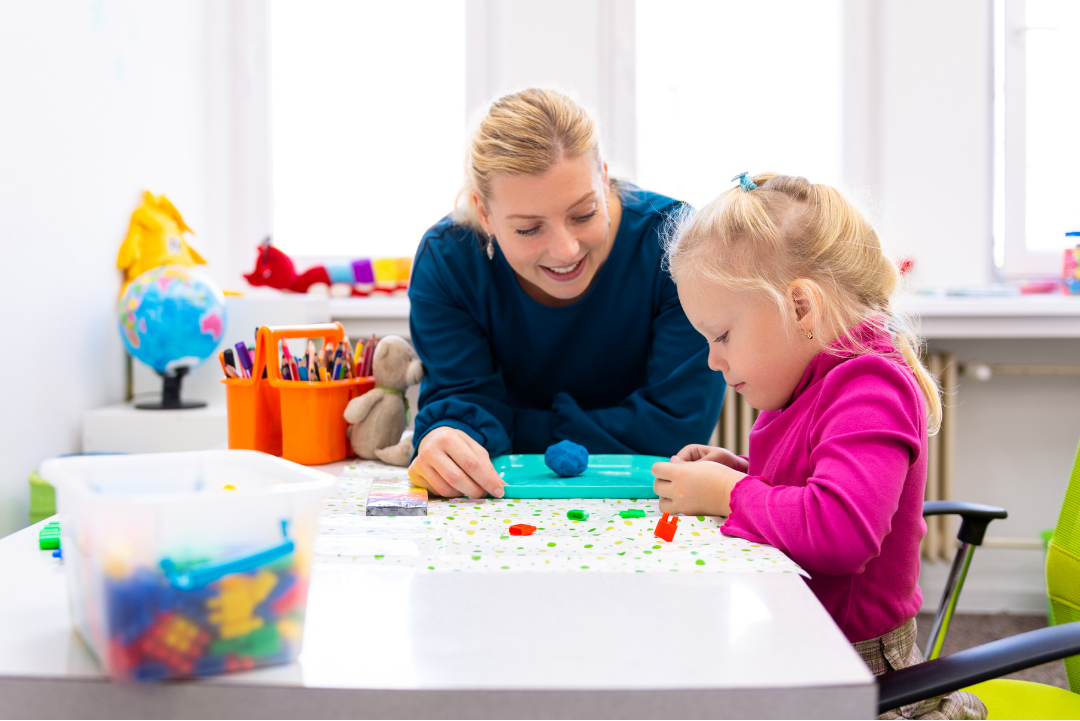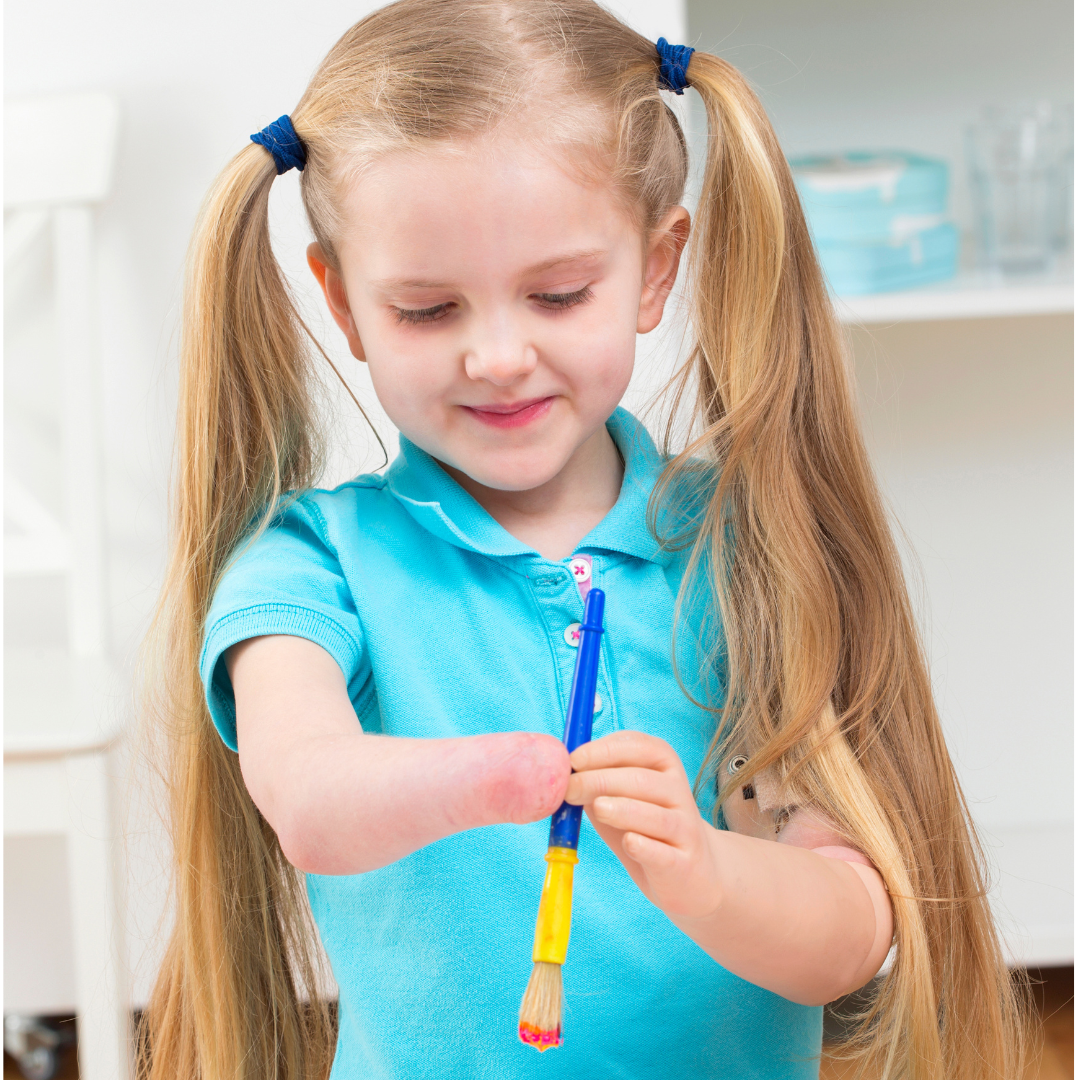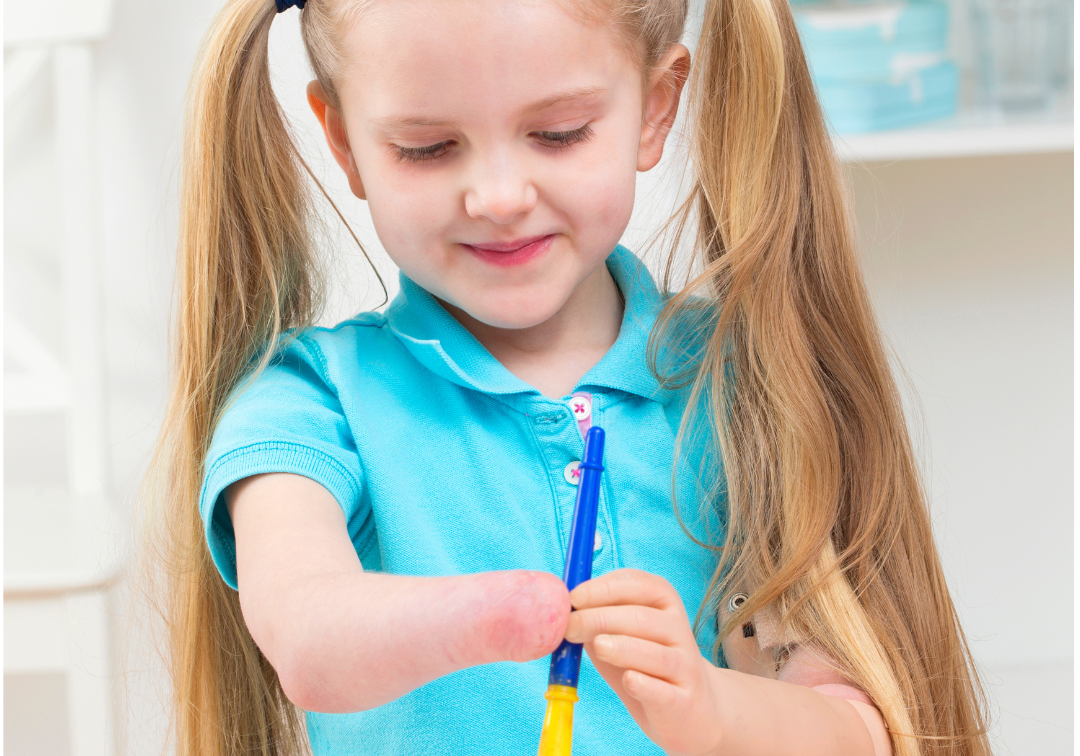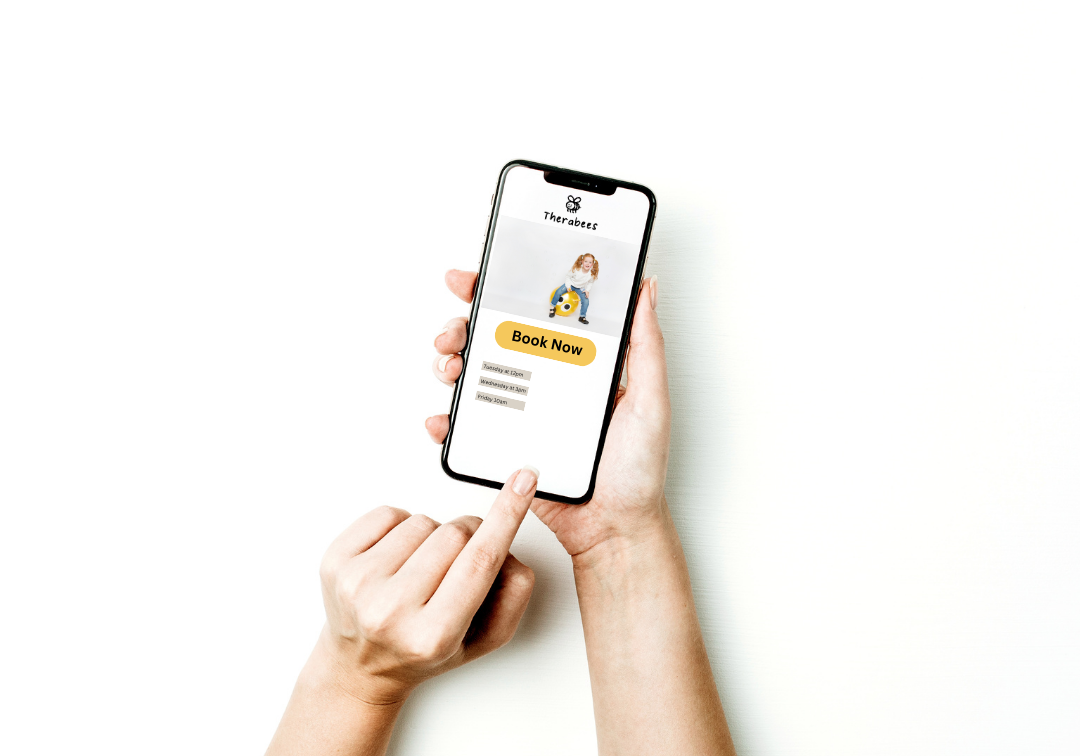Occupational Therapy
Helps children with their occupations of life
How we can help

Occupational Therapists help children to participate in the everyday 'occupations' of life.
This includes supporting children's social, emotional and learning needs as well as developmental needs.
Occupational Therapists help children to achieve their goals by breaking down each component of the goal and then developing the necessary skills required to achieve the goal.
We use many different approaches which individualises support for the children we work with. We can support in settings such as clinic, home, school or community.
Occupational Therapy
Helps children with occupations of life
What is Occupational Therapy?

Occupational Therapists help children to participate in the everyday 'occupations' of life.
This includes supporting children's social, emotional and learning needs as well as developmental needs.
Occupational Therapists help children to achieve their goals by breaking down each component of the goal and then developing the necessary skills required to achieve the goal.
We use many different approaches which individualises support for the children we work with. We can support in settings such as clinic, home, school or community.
We can support children with
Emotional Regulation
Children often have difficulty managing big emotions. This may cause them to lash out, withdraw or become upset.
OT’s are able to help children to link how emotions make our bodies feel and then how to manage those emotions.
Helping children to recognise, co-manage and then eventually self-manage their emotions is key to healthy processing and building good relationships.
OT’s have many fun child appropriate strategies and resources to help children to learn all about their own emotions.
Life Skills
OT’s can help children to learn the skills to carry out everyday life skills.
This can include breaking down the steps, practicing and finding solutions to barrier to be able to manage
- Self-care
- Toileting
- Sleep
- Dressing
- Meal preparation
- Cooking
- Eating/using utensils
Fine Motor Skills
Fine motor skills are required for tasks such as handwriting, dressing, opening/closing objects and more!
OT’s are able to address difficulties by de-sensitizing, strengthening and task grading to help the development of fine motor skills.
We also look at brain functions include executive functioning, visual perception and visual motor skills as they may also impact fine motor skills.
Social Communication
OT’s can help children to develop their social communication in a way that is most meaningful and functional to them.
This may include the use of visuals, body language, and gestures as well as working together to develop reciprocal conversation and group-based attention shifting and conversation.
We DO NOT encourage masking, forced eye contact or force other neurotypical social skills on neurodiverse children.
Sensory Processing
Some children have difficulty with processing sensory information such as sight, hearing, smell, touch or vestibular input.
We work with children and their caregivers to identify safe ways to sensory seek. We can help to grade exposure to sensory stimuli or introduce alternatives to help children to cope in overstimulating environments such as school or shopping centres.
Executive Functioning
Executive functioning is controlled by the brain where we are able to do things such as ability to pay attention, stay on task, multitask, remember instructions, working memory, flexible thinking, stay in control and regulate emotions.
OT’s can work on breaking down tasks and creating helpful strategies and practicing executive functioning skills from simple to complex.
We can help children who
Are Neurodivergent such as
- Autistic
- ADHD
- PDA
- OCD
- Anxiety
Have a physical disability such as
- Cerebral Palsy
- Muscular atrophy/dystrophy
- Genetic condition
- Limb deficiency

We can help children who

Are Neurodivergent such as
- Autistic
- ADHD
- PDA
- OCD
- Anxiety
Have a physical disability such as
- Cerebral Palsy
- Muscular atrophy/dystrophy
- Genetic condition
- Limb deficiency
Need help?
Book a FREE phone consult at a time to suit you!

